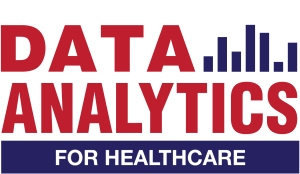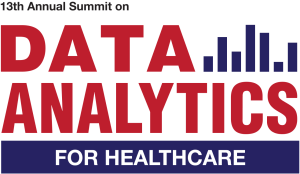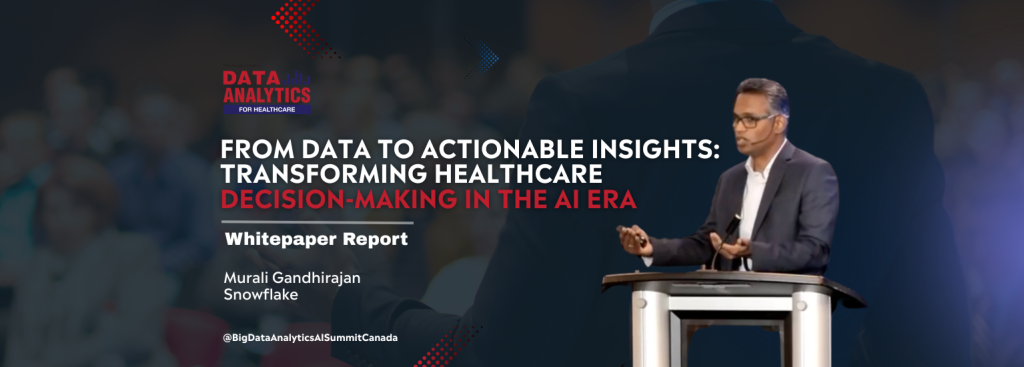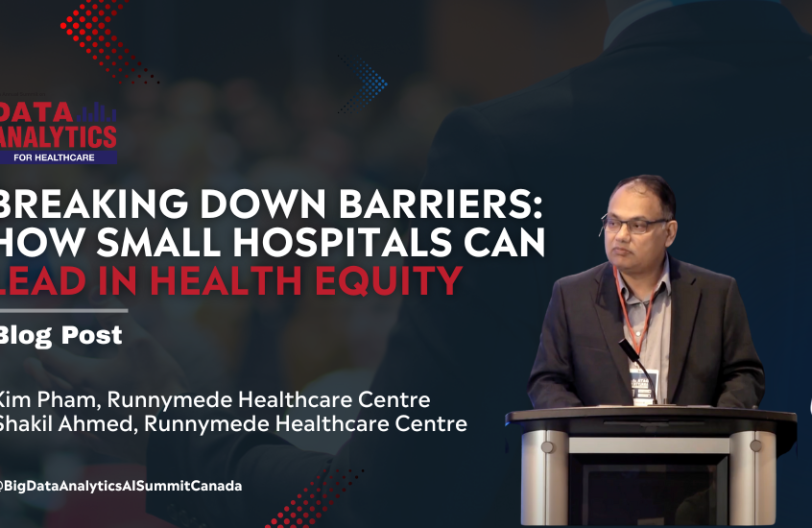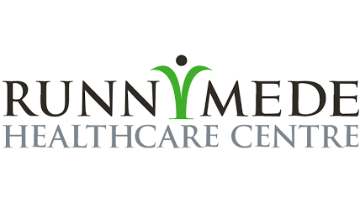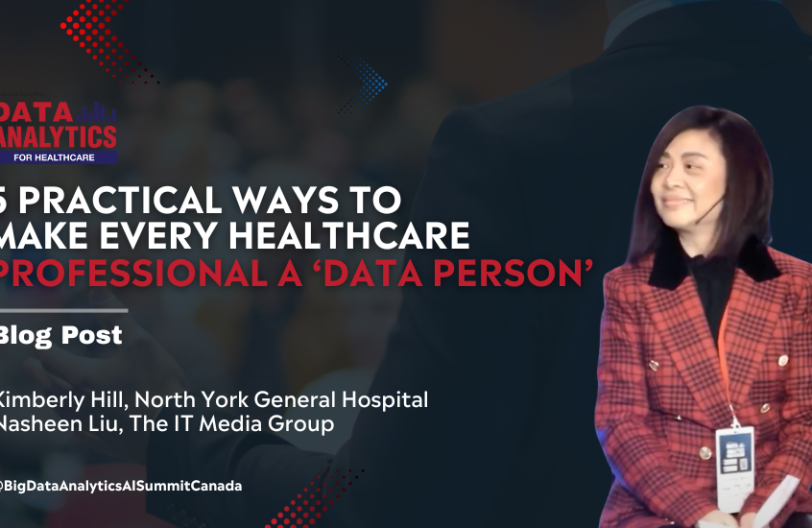Executive Summary: The healthcare industry is experiencing an unprecedented transformation driven by data and artificial intelligence. As medical technologies generate exponentially increasing volumes of complex information, organizations face both tremendous challenges and extraordinary opportunities.
This whitepaper explores the critical journey of converting raw healthcare data into meaningful, strategic insights that can revolutionize patient care, operational efficiency, and medical research.
- The Data Complexity Challenge
The contemporary healthcare landscape is characterized by unprecedented data fragmentation. Medical information exists across multiple disconnected systems, creating significant barriers to comprehensive patient understanding. Traditional healthcare infrastructures struggle to integrate diverse data types, including genomic sequences, clinical documentation, medical imaging, patient-reported outcomes, and real-time device-generated health metrics. These fragmented data ecosystems create substantial challenges.
Clinical teams often lack holistic patient views, researchers encounter significant obstacles in comprehensive analysis, and strategic decision-makers remain constrained by incomplete information. The complexity is further amplified by varying data formats, inconsistent documentation standards, and stringent privacy regulations.
Modern healthcare organizations require sophisticated technological approaches that can seamlessly integrate multi-modal data sources while maintaining rigorous security and compliance standards. The goal is not merely data collection, but transformative insight generation that directly impacts patient outcomes and organizational performance.
- Technological Enablers of Insight Generation
Emerging technologies are rapidly dismantling traditional data management limitations. Modern data platforms, powered by advanced cloud computing and artificial intelligence, provide unprecedented capabilities for data integration, processing, and analysis. These platforms leverage machine learning algorithms, natural language processing, and sophisticated analytics frameworks to extract meaningful patterns from complex, unstructured medical information.
Artificial intelligence technologies are particularly transformative. Large language models can now process and interpret medical documentation with remarkable accuracy, extracting nuanced clinical insights that would require extensive human review. Machine learning algorithms can identify subtle correlations across massive datasets, enabling predictive capabilities that were previously inconceivable.
Natural language processing technologies are particularly promising, allowing automated extraction of critical information from unstructured clinical notes, medical reports, and research publications. These technologies can rapidly synthesize information, supporting faster, more informed decision-making across clinical and administrative domains.
- Practical Transformation Methodologies
Successful data transformation requires strategic, multifaceted approaches. Organizations must develop comprehensive data integration strategies that prioritize interoperability, security, and scalability. This involves implementing unified platform architectures that can seamlessly ingest, process, and analyze diverse data types while maintaining strict governance protocols. Key methodological considerations include developing robust data sharing frameworks, creating secure collaboration environments, and establishing clear data governance policies.
Organizations must also invest in advanced analytics capabilities that can translate complex data into actionable insights, supporting both immediate clinical decisions and long-term strategic planning. AI-powered insight generation represents a quantum leap in healthcare analytics. By leveraging machine learning algorithms, organizations can develop predictive models that anticipate patient risks, optimize treatment pathways, and support personalized medical interventions. These technologies move beyond retrospective analysis, enabling proactive, data-driven healthcare strategies.
- Use Case Scenarios
Practical applications of advanced data transformation are already demonstrating remarkable potential. Emergency departments can optimize patient flow by predicting admission patterns and resource requirements. Personalized treatment pathways can be developed by analyzing comprehensive patient profiles across genetic, clinical, and lifestyle dimensions.
Population health management becomes significantly more sophisticated, with the ability to identify at-risk groups, develop targeted interventions, and allocate healthcare resources more effectively. Research acceleration is another critical benefit, with AI technologies enabling rapid literature review, hypothesis generation, and complex data analysis.
- Implementation Roadmap
Successful implementation requires a holistic, strategic approach. Organizations must conduct comprehensive technology assessments, develop clear governance frameworks, and invest in ethical AI development. This involves not just technological infrastructure, but also significant investments in workforce skill development and cultural transformation.
Key implementation steps include:
- Conducting thorough data infrastructure audits
- Developing cross-functional AI and data strategies
- Creating robust ethical and privacy governance mechanisms
- Investing in continuous training and skill development
- Establishing clear metrics for technological effectiveness
- Future Outlook
The future of healthcare decision-making will be increasingly data-driven and AI-enabled. Emerging technologies will continue to break down existing barriers, enabling more personalized, predictive, and precise medical interventions. The convergence of advanced computing, artificial intelligence, and comprehensive data platforms will fundamentally reshape healthcare delivery.
Recommended Action Items:
- Conduct comprehensive data infrastructure assessment
- Develop integrated AI and data strategy
- Invest in advanced analytics capabilities
- Create robust governance and ethical frameworks
- Prioritize continuous technological education
Conclusion: The transformation from data to actionable insights represents more than a technological upgrade—it’s a fundamental reimagining of healthcare’s potential. By embracing advanced data platforms and AI technologies, organizations can unlock unprecedented capabilities in patient care, medical research, and strategic decision-making. About the Research:
This whitepaper is based on the 2024 DAHC Summit session featuring Murali Gandhirajan, Global Healthcare CTO at Snowflake.
